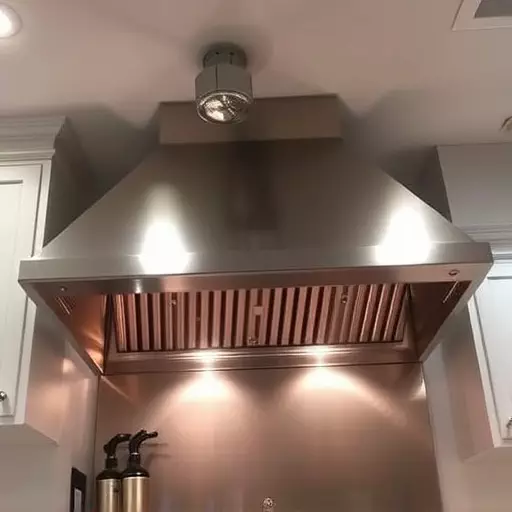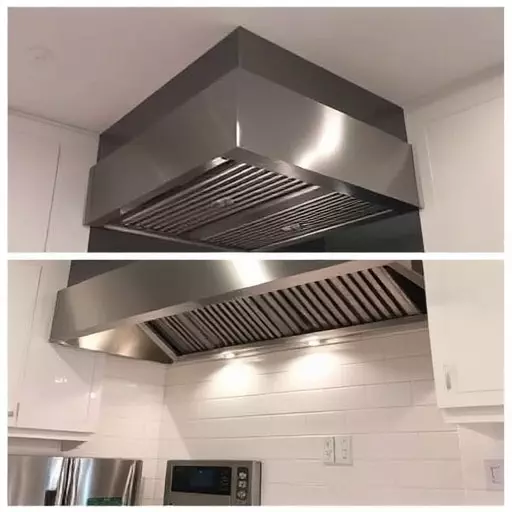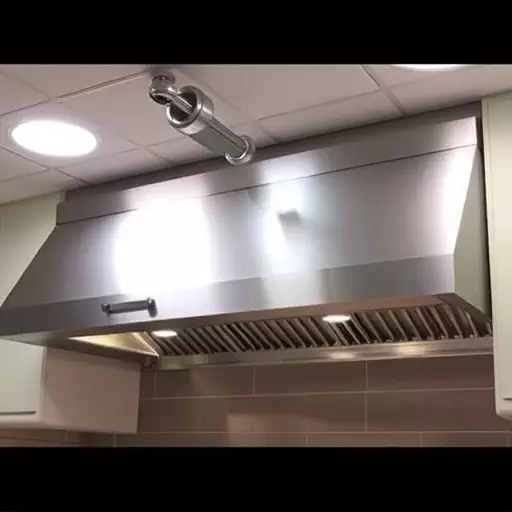In vibrant Jacksonville, Florida, where kitchens are central to community life, upgrading to modern fire suppression systems is crucial for safety and code compliance. These advanced systems offer faster fire detection, tailored control during cooking scenarios, and improved safety features, minimizing damage and business interruptions. Choosing the right system involves assessing kitchen needs and consulting professionals to ensure compliance with local building codes. Upgrading requires careful planning, adherence to safety protocols, and a comprehensive approach to balance functionality and aesthetic appeal.
Looking to upgrade your kitchen’s fire safety with a modular suppression system replacement in Jacksonville? This comprehensive guide delves into the significance of this process and its benefits for your property. We explore the steps involved in replacing outdated systems, offering insights on choosing the ideal kitchen hood suppression solution tailored to Jacksonville’s needs. From understanding the why behind the upgrade to navigating potential challenges, this article equips you with the knowledge for a successful fire suppression system overhaul.
- Understanding Kitchen Suppression System Replacement: Why It Matters in Jacksonville
- Fire Suppression System Upgrade: The Benefits and Process
- Choosing the Right Kitchen Hood Suppression System for Your Jacksonville Property
- Step-by-Step Guide to Replacing a Modular Suppression System
- Common Challenges and Tips for a Successful Kitchen Suppression System Replacement
Understanding Kitchen Suppression System Replacement: Why It Matters in Jacksonville
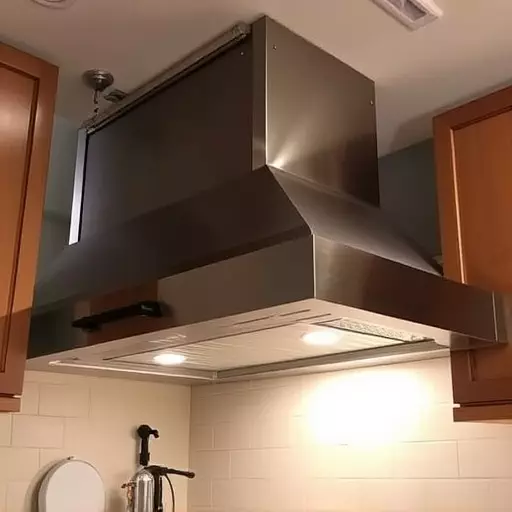
In Jacksonville, Florida, where kitchens often double as hearts of the home and bustling centers of community life, understanding the importance of a reliable fire suppression system is paramount. A kitchen suppression system replacement isn’t just about code compliance; it’s a proactive measure to ensure the safety of your family, friends, and guests. Modern fire suppression technologies offer advanced protection against the unique risks posed by kitchen fires, which are among the most common household blazes.
Jacksonville’s warm climate and frequent power outages require tailored solutions. Upgrading to a more efficient, resilient kitchen hood suppression system can provide immediate fire extinguishment, reducing damage and downtime. With a focus on eco-friendly materials and smart design, these systems integrate seamlessly into Jacksonville’s diverse culinary landscape, offering peace of mind that comes from knowing your kitchen is protected against the invisible threat of fire.
Fire Suppression System Upgrade: The Benefits and Process
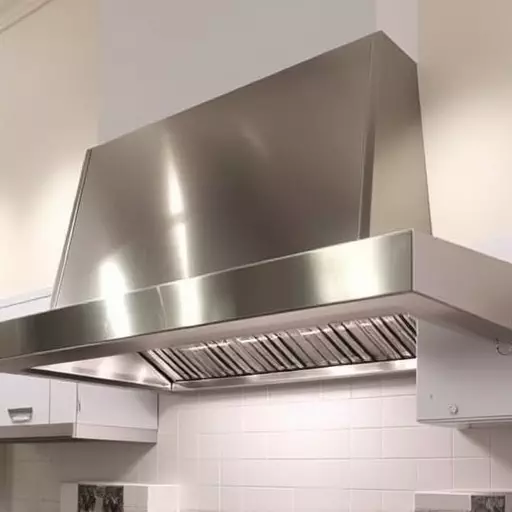
Upgrading your fire suppression system is a crucial step in ensuring the safety and protection of your commercial kitchen in Jacksonville. The process involves replacing the existing kitchen suppression system, typically designed for specific hoods, with a more advanced and efficient model. This upgrade offers numerous benefits beyond compliance with local fire codes.
A modern kitchen suppression system replacement can significantly enhance operational efficiency. Newer systems are often smarter, with enhanced sensors that detect fires quicker and more accurately, minimizing damage and downtime. They may also feature adjustable settings, allowing for better control over suppression in different cooking scenarios. This advanced technology ensures that your kitchen remains a safe and productive workspace, while also reducing the risk of costly equipment damage and business interruptions caused by fires.
Choosing the Right Kitchen Hood Suppression System for Your Jacksonville Property
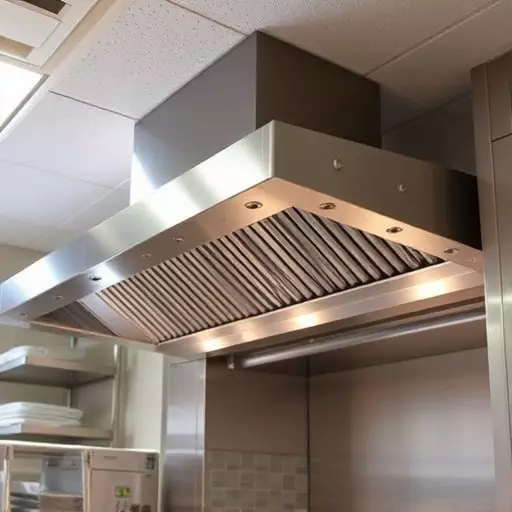
Choosing the right kitchen hood suppression system for your Jacksonville property is a crucial decision that requires careful consideration. The first step is to assess your specific needs and existing infrastructure. Factors like kitchen size, ventilation requirements, and any unique layout challenges will influence the type and capacity of the new system you select. It’s also essential to consult with professionals who can evaluate these factors and recommend a fire suppression system upgrade tailored to your property’s specific risks.
Once you’ve determined your needs, explore the various types of kitchen suppression systems available, such as clean agent or gas-based systems, each with its pros and cons. Ensure the system you choose complies with local building codes and offers efficient, reliable protection against fire hazards commonly associated with cooking activities. A well-fitted kitchen hood suppression system replacement can significantly enhance safety while preserving the value and appeal of your Jacksonville property.
Step-by-Step Guide to Replacing a Modular Suppression System

Replacing a modular suppression system in your kitchen or commercial space is a precise process that requires attention to detail and adherence to safety standards. Here’s a step-by-step guide for a successful fire suppression system upgrade, especially tailored for Jacksonville kitchens.
1. Assessment and Planning: Begin by assessing the existing system, identifying components that require replacement, and understanding their interconnections. Consult local fire code regulations and ensure your plan aligns with them. Gather necessary permits if required.
2. Safety First: Ensure the area is well-ventilated and power to the affected zone is turned off. Protect nearby surfaces and equipment from potential damage during the process. Don personal protective equipment (PPE), including safety glasses, gloves, and a respirator.
3. Remove Old Components: Carefully disassemble the outdated modular suppression system. This may involve detaching pipes, valves, and sensors. Label each component to ensure proper reinstallation later. Dispose of old parts responsibly, following local hazardous waste guidelines.
4. Install New System: Follow manufacturer instructions for installing the new fire suppression system. This typically includes mounting new hoods, piping, and control panels. Ensure all connections are secure and sealed properly.
5. Testing and Verification: After installation, test the system to ensure its functionality. Conduct a trial run, simulating activation conditions to verify proper discharge of suppression agents. Check for any leaks and make adjustments as needed. Once satisfied, inspect the system against local code requirements.
Common Challenges and Tips for a Successful Kitchen Suppression System Replacement

When it comes to replacing a kitchen suppression system in Jacksonville, several common challenges can arise. One of the primary hurdles is ensuring compatibility with existing ventilation systems. Many kitchens have unique layouts and equipment, necessitating precise measurements and tailored solutions. Moreover, balancing functionality with aesthetic appeal is crucial, especially in busy culinary spaces where both safety and visual appeal are paramount.
To navigate these challenges successfully, consider a comprehensive upgrade approach. First, consult with fire suppression system experts who specialize in kitchen hood replacements. They can provide expert advice on the latest technologies and ensure compliance with local regulations. Next, assess air flow dynamics to optimize the placement of new suppression systems. Lastly, choose systems designed for high-efficiency filtration and quick response times, enhancing both safety and kitchen efficiency.
